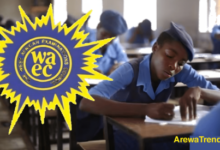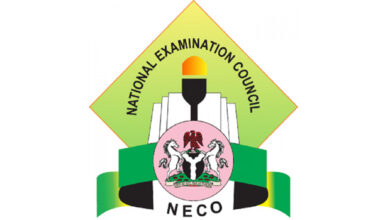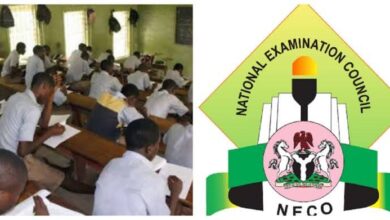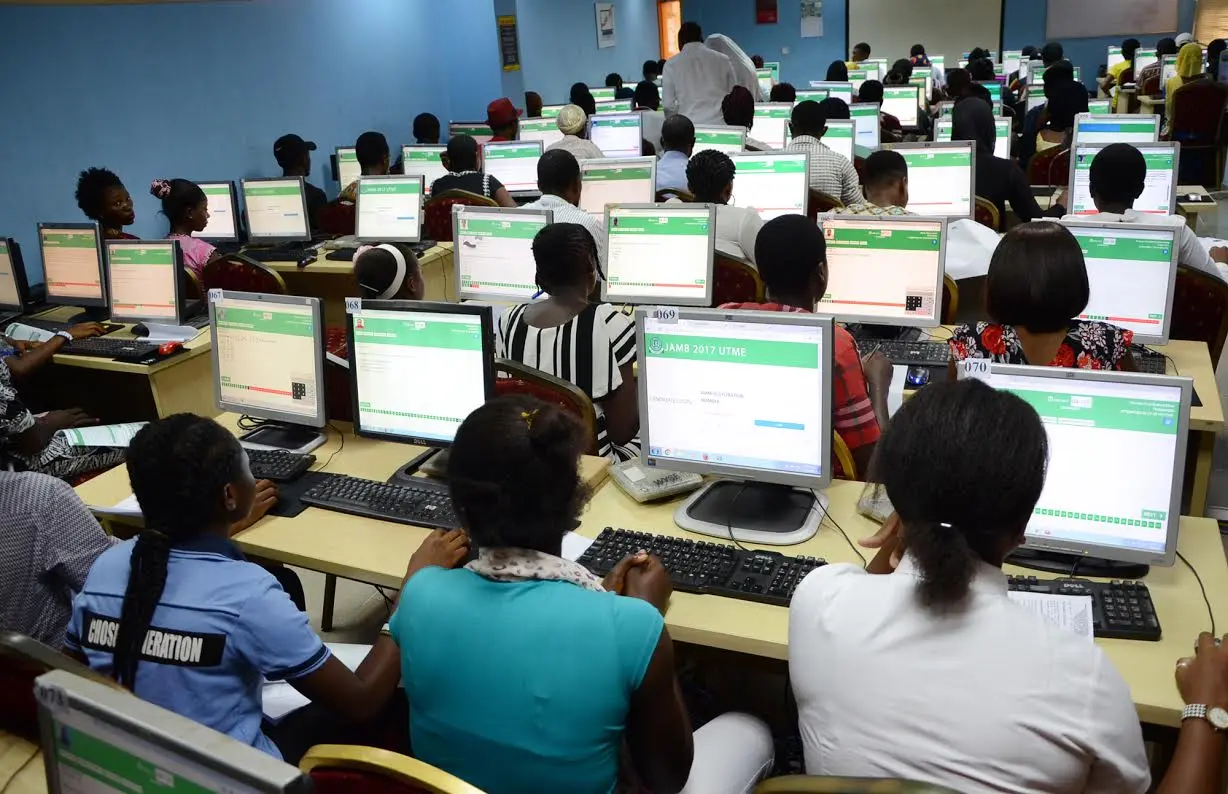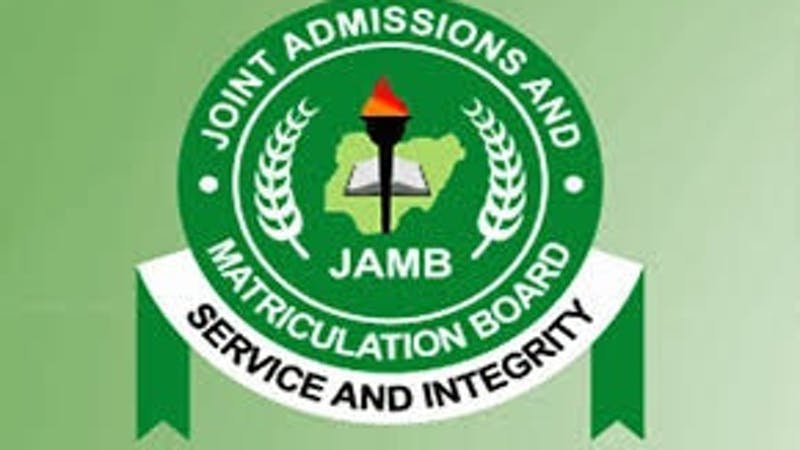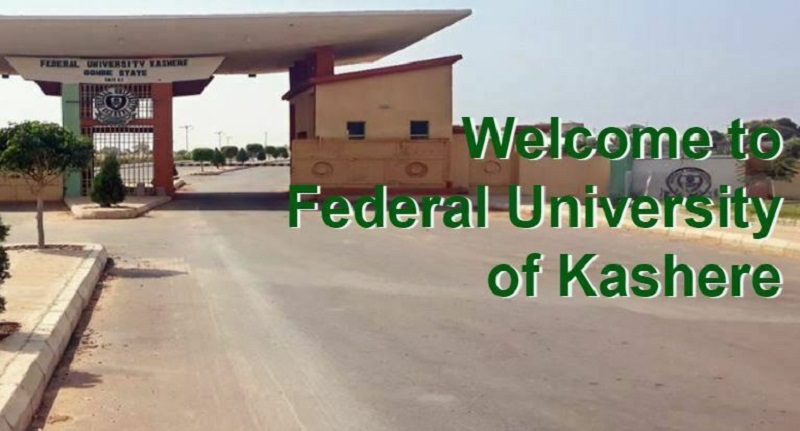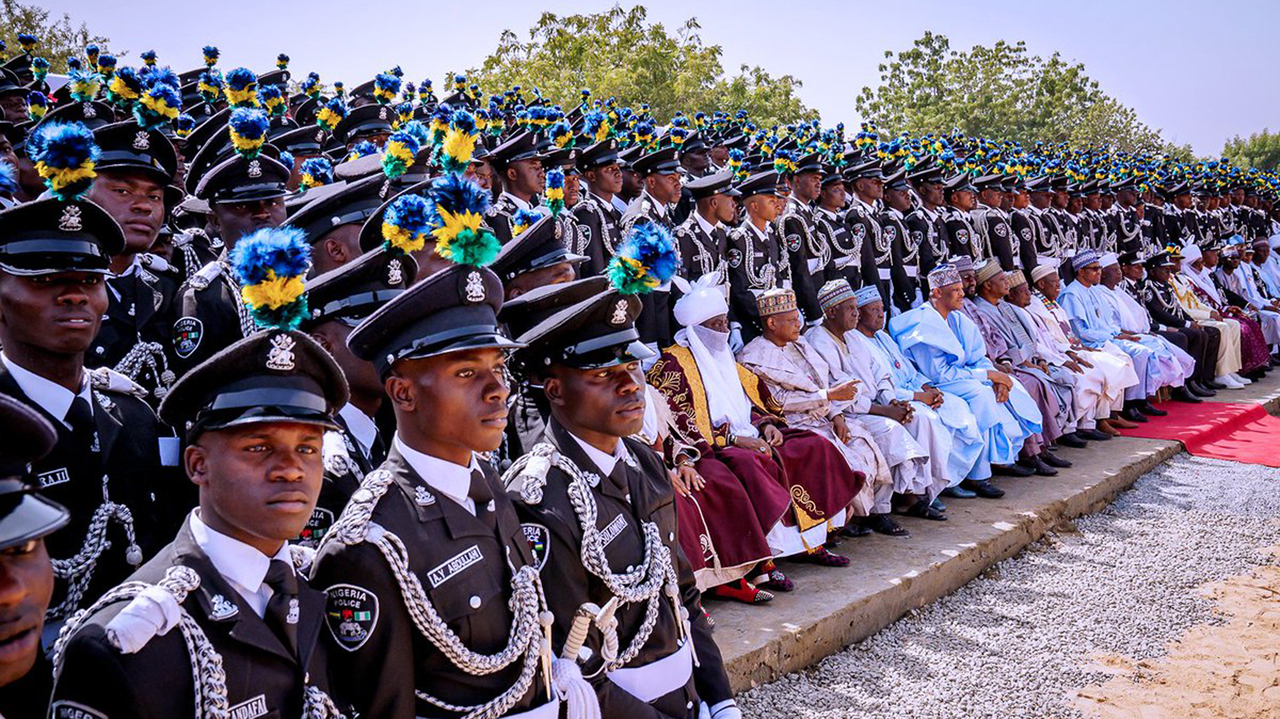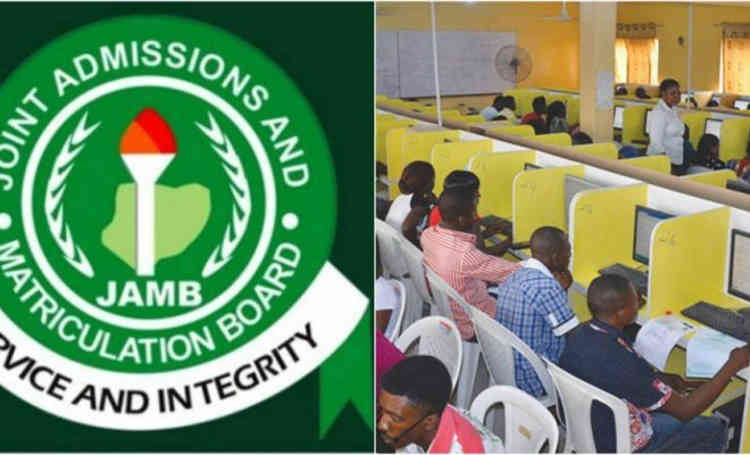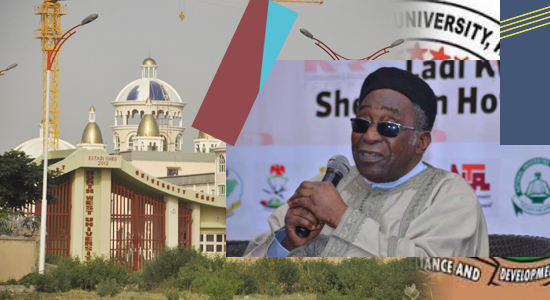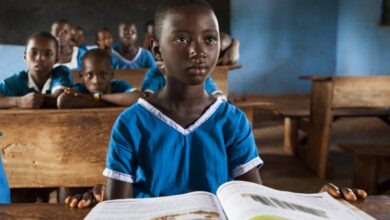Literature-in-English Drama and Poetry WAEC Answer 2023
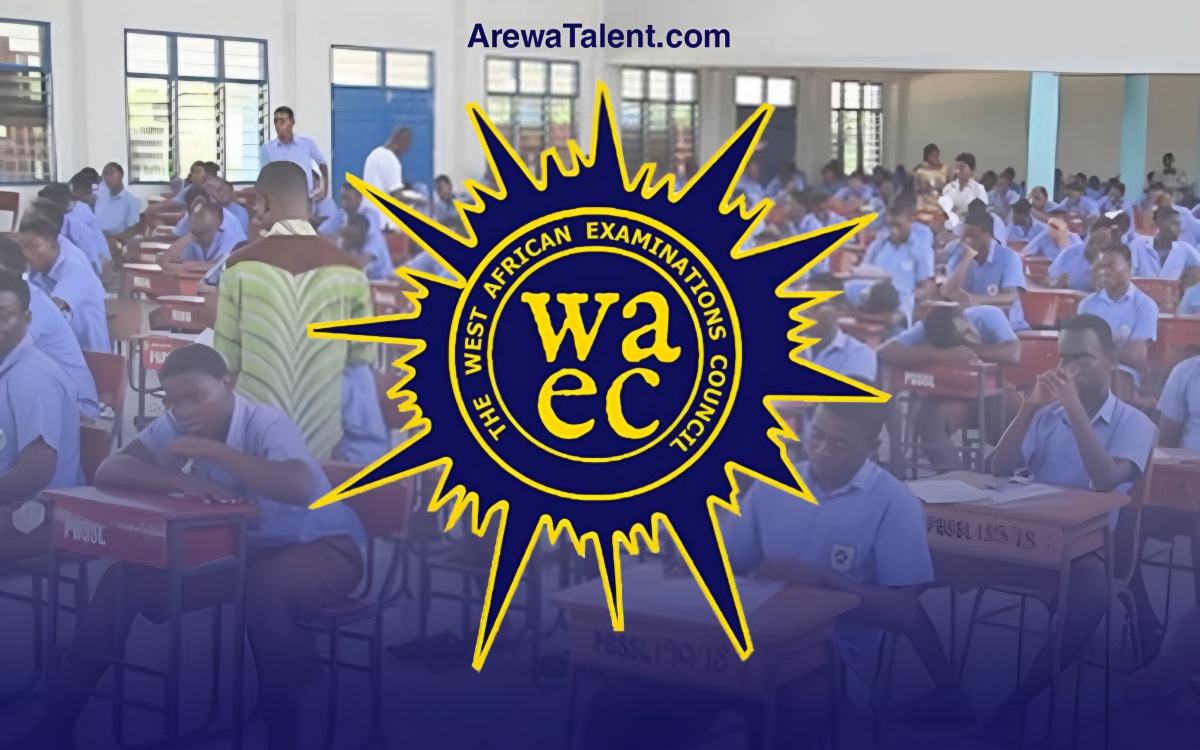
The West African Examination Council (WAEC) is known for its meticulous assessment of students’ knowledge and skills in various subjects, including Literature in English. As the 2023 WAEC examination approaches, students are gearing up to face the challenge of the Literature in English Drama and Poetry papers. This comprehensive guide is designed to help candidates prepare for the upcoming WAEC examination, providing them with insights into the possible questions and answers for 2023. By understanding the pattern and requirements of the examination, students can increase their chances of success and excel in their academic pursuits.
Overview of WAEC Literature in English Examination
The WAEC Literature in English examination is divided into three papers: Paper 1 (Objective), Paper 2 (Prose), and Paper 3 (Drama and Poetry). In this guide, we will focus on Paper 3, which assesses students’ understanding of Drama and Poetry in both African and Non-African contexts.
Paper 3 Format
Paper 3 consists of four sections: Section A (African Drama), Section B (Non-African Drama), Section C (African Poetry), and Section D (Non-African Poetry). Candidates are required to answer one question from each section, making a total of four questions. Each question carries equal marks, and the total duration of the paper is 2 hours and 30 minutes.
Note: This does necessarily mean that these are 100% accurate answers for your exam. This article is guidance for you.
Section A: African Drama
In this section, candidates are expected to demonstrate their knowledge and understanding of African Drama by answering questions related to the selected texts. The texts for the 2023 examination are as follows:
- Frank Ogodo Ogbeche – Harvest of Corruption
- Dele Charley – The Blood of a Stranger
Possible Questions for African Drama
- Discuss the theme of corruption in Frank Ogodo Ogbeche’s “Harvest of Corruption.”
- Explore the role and significance of Wara in Dele Charley’s “The Blood of a Stranger.”
Section B: Non-African Drama
Section B focuses on Non-African Drama, and candidates are required to answer questions on the following texts:
- Oliver Goldsmith – She Stoops to Conquer
- Lorraine Hansberry – A Raisin in the Sun
Possible Questions for Non-African Drama
- Analyze the theme of social class in Oliver Goldsmith’s “She Stoops to Conquer.”
- Evaluate the portrayal of dreams and aspirations in Lorraine Hansberry’s “A Raisin in the Sun.”
Section C: African Poetry
In this section, candidates will be required to answer questions on African Poetry, focusing on the following poems:
- Birago Drop – Vanity
- Gbemisola Adeoti – Ambush
- Gabriel Okara – Piano and Drums
- Gbanabam Hallowell – The Dinning Table
- Lenrie Peter – The Panic of Growing Older
- Kofi Awoonor – The Anvil and the Hammer
Possible Questions for African Poetry
- Discuss the theme of death and the afterlife in Birago Drop’s “Vanity.”
- Examine the use of imagery and symbolism in Gbemisola Adeoti’s “Ambush.”
Section D: Non-African Poetry
Finally, in Section D, candidates will be required to answer questions on Non-African Poetry, focusing on the following poems:
- Alfred Tennyson – Crossing the Bar
- George Herbert – The pulley
- William Blake – The School Boy
- William Morris – The Proud King
- Robert Frost – Birches
- William Shakespeare – Shall I compare thee to a Summer’s Day?
Possible Questions for Non-African Poetry
- Analyze the theme of mortality and the afterlife in Alfred Tennyson’s “Crossing the Bar.”
- Discuss the relationship between God and man in George Herbert’s “The Pulley.”
Tips for Success in WAEC Literature in English Drama and Poetry Examination
- Read the texts thoroughly: Ensure that you have read and understood all the prescribed texts for the examination. Familiarize yourself with the themes, characters, and stylistic devices employed by the authors.
- Practice past questions: Go through past WAEC Literature in English Drama and Poetry examination questions and answers to familiarize yourself with the question patterns and develop your answering skills.
- Master the art of analysis: Develop your ability to analyze texts critically, focusing on the themes, characters, and stylistic devices used by the authors.
- Plan your answers: Before attempting any question, take a few minutes to plan your answer. This will help you organize your thoughts and ensure that your answer covers all the required points.
- Time management: Manage your time effectively during the examination to ensure that you can answer all four questions within the allotted time.
By following these tips and diligently preparing for the WAEC Literature in English Drama and Poetry examination, candidates can boost their chances of success and achieve their academic goals.
Conclusion
The WAEC Literature in English Drama and Poetry examination is a test of a candidate’s understanding and appreciation of literary works from both African and Non-African contexts. By thoroughly studying the prescribed texts and practicing past questions, candidates can enhance their analytical skills and better tackle the examination questions for 2023. It is essential to approach the examination with confidence and focus, ensuring that all four questions are answered within the allotted time. With the right preparation and dedication, success in the WAEC Literature in English Drama and Poetry examination is well within reach.
